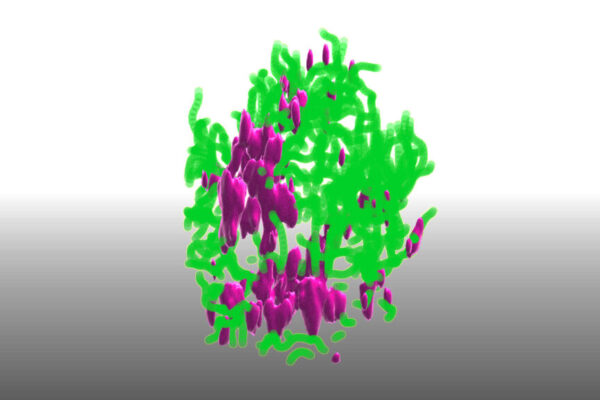PhD, MsCR
Associate Professor, Cell Biology and Physiology
Co-Leader, UNC Lineberger Cancer Cell Biology Research Program
UNC-Chapel Hill
Cancer Cell Biology
Area of Interest
The long-term goal of our lab is to create and implement novel immune-based strategies that advance care for sarcoma and metastatic bone disease patients. We believe that as an academic lab it is essential to undertake research that is basic in nature yet has direct clinical implication. For this reason we work with clinicians to determine important clinical problems and we design our research to address the basic science mechanisms that may enable better clinical care.
News and Stories

Researchers gain insight into why T-cells lose energy in solid tumors
Research by the lab of Jessica Thaxton, PhD, MsCR, and colleagues has unveiled new clues behind T-cell metabolism that could enhance immunotherapies that rely on T-cells to fight cancer.

Why don’t T cells destroy solid tumors during immunotherapy?
Jessica Thaxton, PhD, MsCR, and colleagues found that targeting key proteins that control the T cell response to stress could help researchers develop more potent cancer immunotherapies.

